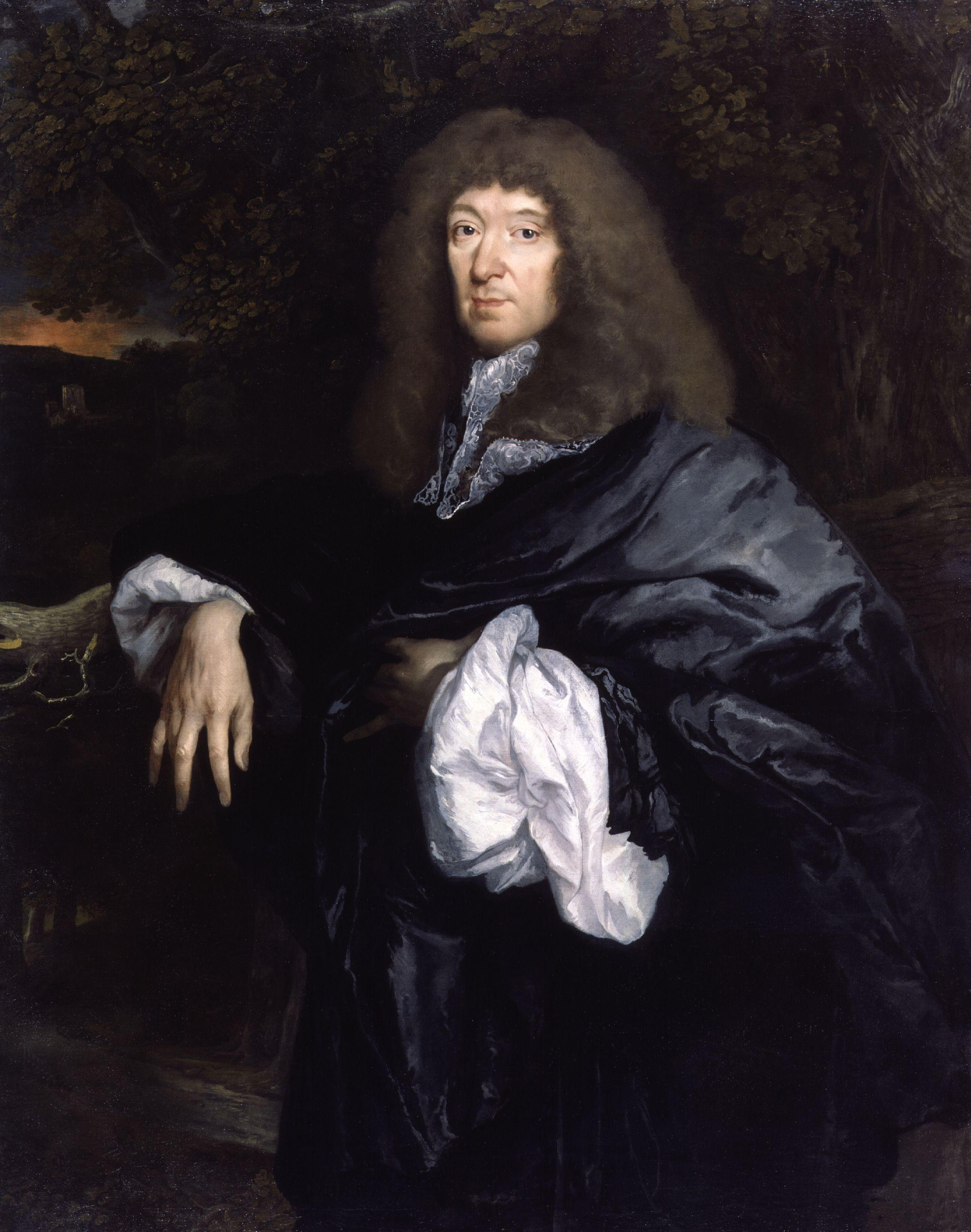Samuel Butler frasi celebri
“Non sempre il silenzio significa tatto: è il tatto ch'è d'oro, non il silenzio.”
Origine: Citato in Selezione dal Reader's Digest, agosto 1965, p. 76.
Dizionario dei luoghi non comuni
“Definire significa rinchiudere la sconfinata foresta dell'idea in un muro di parole.”
Origine: Citato in Guido Almansi, Il filosofo portatile, TEA, Milano, 1991.
Frasi su Dio di Samuel Butler
“Mettersi nelle mani di Dio è solo un modo più lungo di dire che ci si affida al caso.”
Dizionario dei luoghi non comuni
Samuel Butler Frasi e Citazioni
“C'è solo una cosa ancor più vana della vanità dei desideri: l'assenza dei desideri.”
Dizionario dei luoghi non comuni
“Una gallina è il solo modo di un uovo per fare un altro uovo.”
Dizionario dei luoghi non comuni
Samuel Butler: Frasi in inglese
“Quoth Hudibras, "I smell a rat!
Ralpho, thou dost prevaricate."”
Canto I, line 821
Origine: Hudibras, Part I (1663–1664)
Canto I, line 1495
Origine: Hudibras, Part III (1678)
“There are more fools than knaves in the world, else the knaves would not have enough to live upon.”
The Genuine Remains in Verse and Prose of Mr. Samuel Butler (1759), edited by Robert Thyer
“Doubtless the pleasure is as great
Of being cheated as to cheat.”
Canto III, line 1
Origine: Hudibras, Part II (1664)
Canto III, line 1047
Origine: Hudibras, Part I (1663–1664)
“While the honour thou hast got
Is spick and span new.”
Canto III, line 398
Origine: Hudibras, Part I (1663–1664)
Canto II, line 29
Origine: Hudibras, Part II (1664)
“To swallow gudgeons ere they 're catch'd,
And count their chickens ere they're hatch'd.”
Canto III, line 923
Origine: Hudibras, Part II (1664)
Canto III, line 624
Origine: Hudibras, Part III (1678)
“Why should not conscience have vacation
As well as other courts o' th' nation?”
Canto II, line 317
Origine: Hudibras, Part II (1664)
Canto I, line 1277
Origine: Hudibras, Part III (1678)
“With many a stiff thwack, many a bang,
Hard crab-tree and old iron rang.”
Canto II, line 831
Origine: Hudibras, Part I (1663–1664)
“But still his tongue ran on, the less
Of weight it bore, with greater ease.”
Canto II, line 443
Origine: Hudibras, Part III (1678)
Canto II, line 501
Origine: Hudibras, Part II (1664)
“For those that fly may fight again,
Which he can never do that's slain.”
Canto III, line 243
Origine: Hudibras, Part III (1678)
“Love is a boy by poets styl'd;
Then spare the rod and spoil the child.”
Canto I, line 843
Origine: Hudibras, Part II (1664)
“Where entity and quiddity,
The ghosts of defunct bodies, fly.”
Canto I, line 145
Origine: Hudibras, Part I (1663–1664)
“Quoth she, I 've heard old cunning stagers
Say fools for arguments use wagers.”
Canto I, line 297
Origine: Hudibras, Part II (1664)
“Who thought he 'd won
The field as certain as a gun.”
Canto III, line 11
Origine: Hudibras, Part I (1663–1664)
“Like feather bed betwixt a wall
And heavy brunt of cannon ball.”
Canto II, line 872
Origine: Hudibras, Part I (1663–1664)
“For truth is precious and divine,—
Too rich a pearl for carnal swine.”
Canto II, line 257
Origine: Hudibras, Part II (1664)
Canto II, line 377.
Origine: Hudibras, Part II (1664)
“There 's but the twinkling of a star
Between a man of peace and war.”
Canto III, line 957
Origine: Hudibras, Part II (1664)
Prose Observations (Oxford: 1979), p. 4
“He knew what 's what, and that 's as high
As metaphysic wit can fly.”
Canto I, line 149
Origine: Hudibras, Part I (1663–1664)
Canto I, line 51
Origine: Hudibras, Part I (1663–1664)
